10 Business Pivots (For Coronavirus).
We are going through unpredictable times; Covid from one prism or another affects us all in some way, directly or indirectly, regarding business strategy; Perhaps we are living the most exciting period of change of the century.
For those of us dedicated to developing new strategies or business models, every week, we read news about how large, medium, and small companies give a change of 180 degrees with fantastic agility, with a rush that none of us expected. What is remarkable is not the change itself, but the speed at which it is taking place.
I have always believed that the best time to undertake significant changes in your company is when everything is going well, you are growing a lot, and all the factors are favorable. When you are doing very well, and everything is going well.
Not when you are in a great crisis or storm, think that in this scenario the action you take is for survival, you are reactive, to a reality that puts at risk the activity of your company, and that somehow can force you to take hasty or wrong decisions in a tricky situation.
We are witnessing the acceleration of the announced death of traditional or physical commerce and business. Those who have been warning for years should be digitized, but this is not a question of confronting traditional with modern, far from it.
The collaborative economy, as the banner of new emerging businesses in the digital revolution, is crumbling. Airbnb, Uber, are suffering the unspeakable this year, fighting for their survival. They are still ultra-digital companies that, in the end, depend on a third party’s physical asset.
From Vizologi, we have been analyzing different companies that have already pivoted their business model with exceptional results and in record time, within a world in which Covid has already changed everything. Below we offer you our top ten business model pivots:
10. Pathfindr. From Internet of Things to Internet of Humans.
The company from Norwich is dedicated to making tracking and monitoring in-depth industrial machinery in factories. However, they have recently adopted their main product (Asset Beacons) for human use so that staff working in groups can detect their proximity to each other.
The device emits a buzzing sound when it comes to two meters of another device to remind both users to keep their distance. Although not a complete pivot, the company has had to adapt to the industrial slowdown in the blockade’s middle.
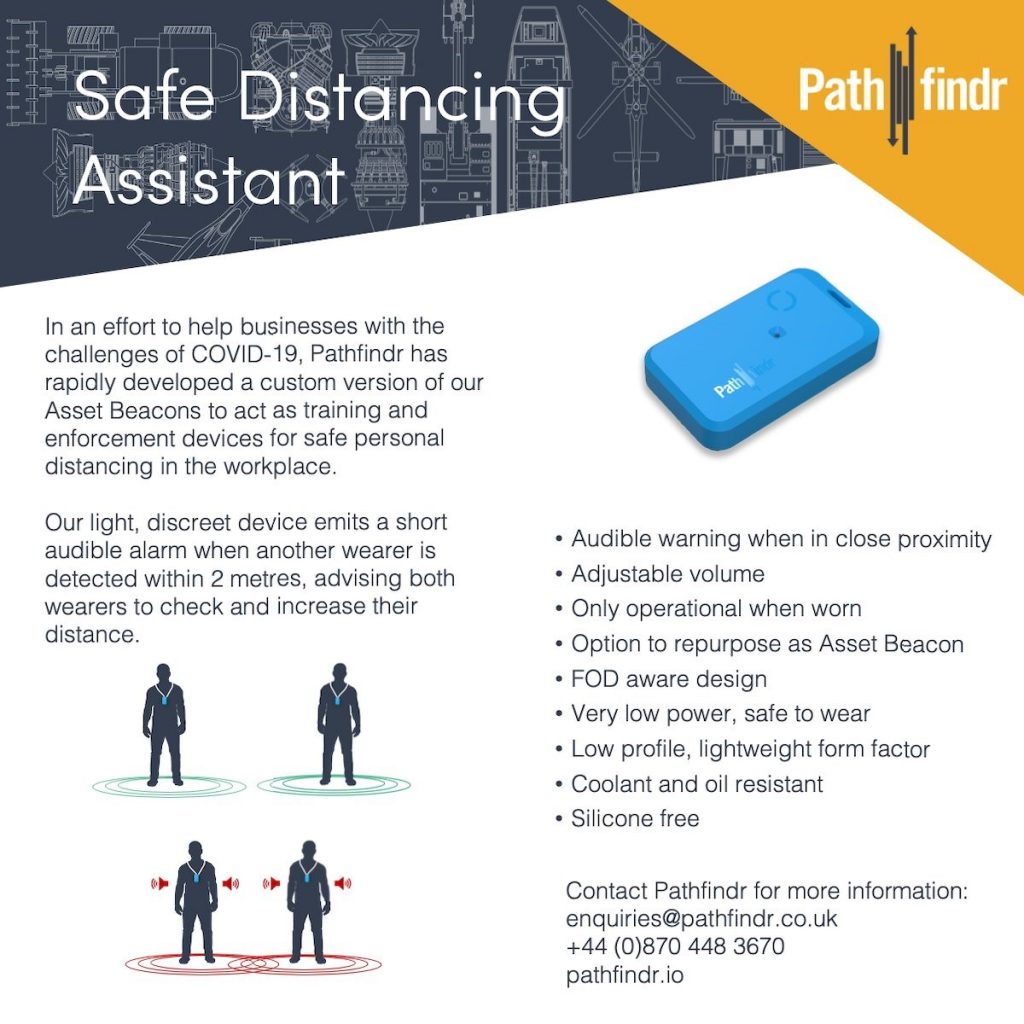
9.Once Again Hostel. From hotel to food delivery.
The hostel developed a platform for people to order food locally (street food), to support local businesses, as this year there are no tourists. They use the hostel as a place to pick up and send the food.
The platform helps local food vendors and provides them with some income so that they can retain their staff. They have since expanded to other areas using the same model.
8. Diesel. From the physical channel to the virtual channel.
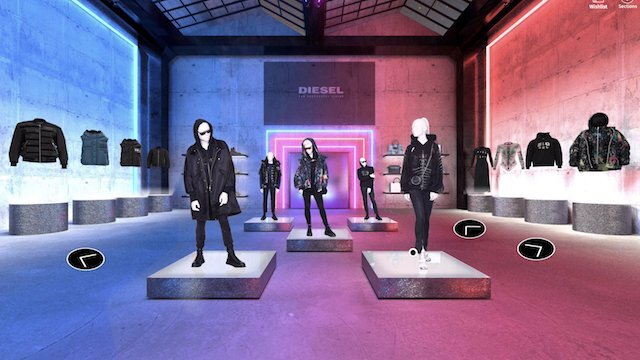
Once your primary distribution channel, the physical store, has been blocked, Diesel has created its own virtual sales channel.
In the Hyperoom virtual room, customers can purchase products on 360-degree screens or in 2D close-ups with product descriptions.
All Diesel products are presented in the virtual store through a customized section of the platform, including the spring and summer 2021 collections.
7. Encore Music. From the live concert to a Whatsapp message.
Encore is a marketplace for the online booking of musicians for live events. Given the current live music restrictions, the company has turned to the market for recorded music messages (starting at 15 pounds).
At heart, this means that musicians can continue to earn money at home and have kept the London-based company afloat..
6. Nike. From physical product to premium content platform under subscription.
Closing its physical stores and facing perhaps the company’s biggest crisis in terms of retail sales losses, Nike read the situation and, with great cunning, developed a premium subscription program accessible from the mobile through the app and within the NTC Systems platform.
Publishing training videos in more than 185 different categories, exercises, and content prepared for physical activity from home.
5. Matthew Burrows. The art of creating micro-economies.

Matthew Burrows’ idea, now called “The Artist Support Pledge,” was simple: Artists publish their work on Instagram for no more than £200, and when it reaches £1,000 in sales, they have to buy another artist’s work.
After three months, a kind of global micro-economy based on generosity was born, which according to the data, generated around 48 million pounds in sales.
4. Pizza Di Joey. Create your own pizzas at home.
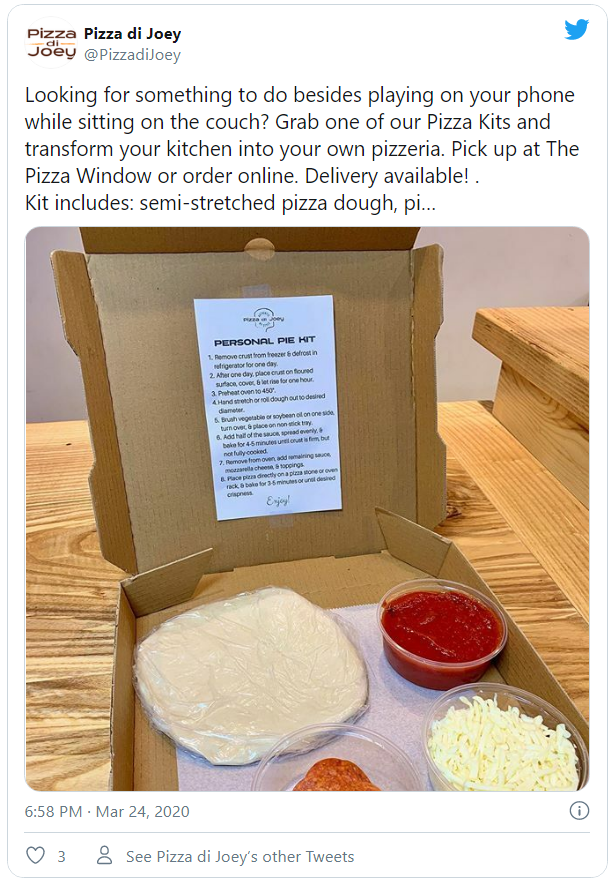
This pizzeria identified the tendency to go crazy and start making bread and cakes at home. Then instead of sending you their classic cooked and baked pizza, they changed the record and sent the ingredients separately and raw, all ready to make your pizza at home.
It is a minimal change in the value proposition of this restaurant. Still, the difference was differential when the customer had a radical shift in the habit while they were losing orders.
3. Stagekings. From setting up stages to selling work desks.
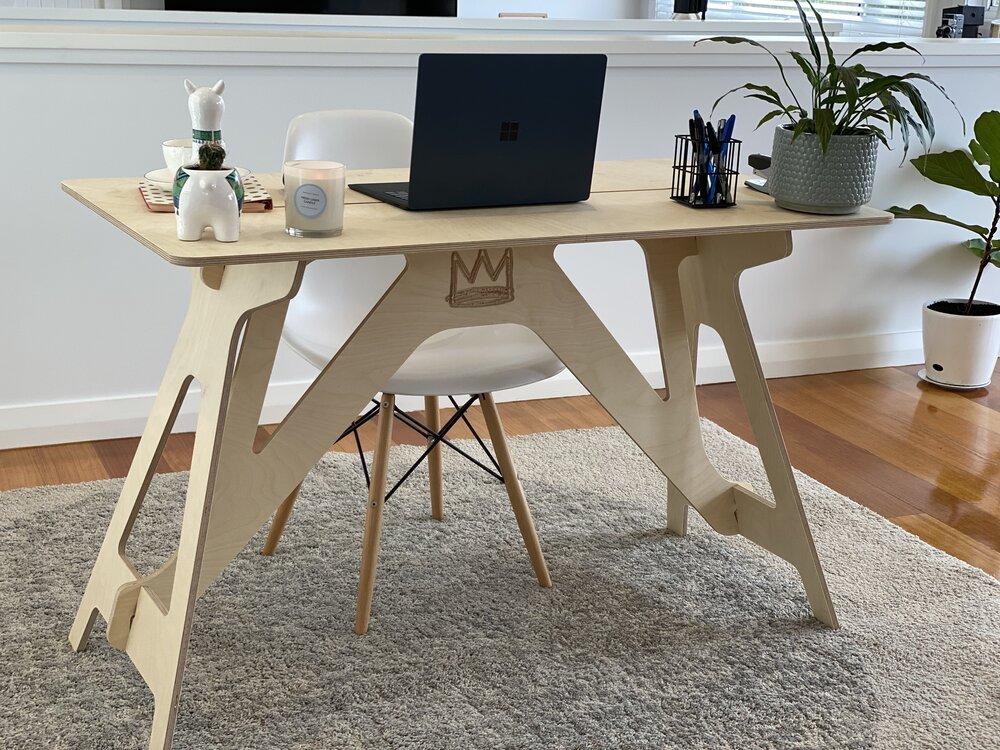
This Australian company was mainly dedicated to the construction of sets for large events. Without changing the raw material of their value proposition, they reinvented the company from scratch, decided to get down to work, change the stages for work desks, and dozens of accessories and office furniture, which adapt to the new needs of teleworking from home.
2. Red Roof. From hotel to coworking.
The hotels are almost empty, and many home-based employees have run out of space (and patience). Creating a solution to two problems, Red Roof Hotels began offering daily rates for remote workers.
For as little as $29 a day, remote workers can have private access to a hotel room converted into a full office suite with high-speed Internet.
1. Fishermen. WhatsApp for orders and Bizum for Payments.
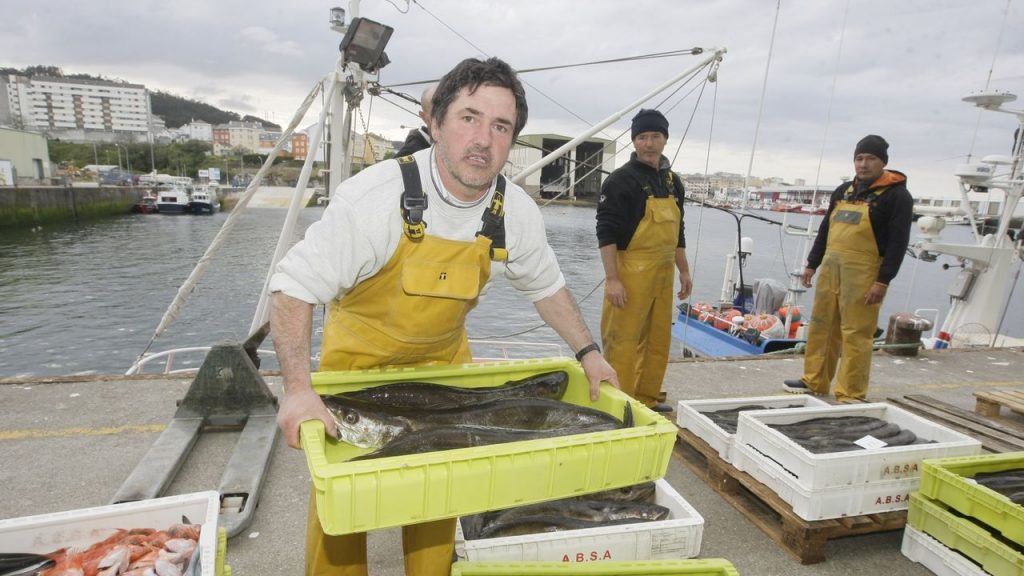
The winners of this ranking are still simple fishermen who, far from the terms of the digital transformation and because of the impossibility of physical contact and payment in cash, have devised a digital process with the tools they had installed at that time in their cell phones.
It should be noted that this adaptation to the environment has been made with excellent agility, baptizing a business model that comes from the street, from the need to solve a massive problem in their business urgently.
“I’m sending you a WhatsApp; make me a Bizum“. This is the right digital transformation, the one born on the street and from the need to solve a big problem; in these improvised actions on the road, we are taking a giant leap within the digital revolution.

Vizologi is a revolutionary AI-generated business strategy tool that offers its users access to advanced features to create and refine start-up ideas quickly.
It generates limitless business ideas, gains insights on markets and competitors, and automates business plan creation.


